Successful Transnational Webinar on 13 May 2020!
Transnational Workshop: Methods and use cases for data-based planning of
energy-efficient public transport infrastructure
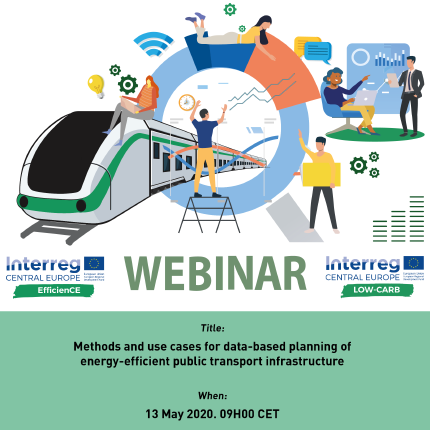
This webinar presented methods and use cases from the InterregCE EfficienCE and LOW-CARB projects that demonstrate how data-based planning can be used to implement and manage energy-efficient public transport infrastructure in Central-European contexts.
Data-based planning for energy-efficient public transport infrastructure doesn’t sound like a deviation from the norm. After all, hasn’t this always been the approach of public transport operators and authorities? Well certainly. But not quite like this.
Data generation and collection, open-access ethics, and the development of technologies that allow huge sets of data to be quickly transmitted and processed, is transforming the old public transport game of optimizing operating procedures and cutting costs. The EfficienCE and LOW-CARB projects are facilitating ways that local level governments and private sector organisations of Central Europe can together stimulate innovations and applications of novel sustainable urban mobility measures! In accordance with the Interreg’s low-carbon “priority pillar”, these applications and measures seek to reduce carbon emissions by making expended energy more efficient, but also by increasing the up-take of renewable electric energy in the mobility sector.
Project partners, experts, and industry leaders met with 90 participants in a workshop-turned-webinar last week to debate the insights provided by various methods and technologies applied in the EfficenCE and LOW-CARB projects.
Topic 1's keynotes speakers from organisations of UIPT, City of Leipzig, Szeged Transport Company, and the University of Szeged, respectively discussed the value of data in public transport, their newly developed strategy for making data openly available and accessible, and how to incorporate it all when planning mobility measures in Central European contexts.
The second half of the workshop intricately examined the capabilities and opportunities provided by data gathering within trolleybus networks. LOW-CARB has continually advocated for the use of trolleybus infrastructure and networks to support regions in a quicker transition to low-carbon mobility. Keynote speakers from the trolleybus industry and the public sector, who employ these technologies, presented various gathering methods of trolleybus data and how they can be applied for mobility planning.
Materials for Download:
1. Agenda
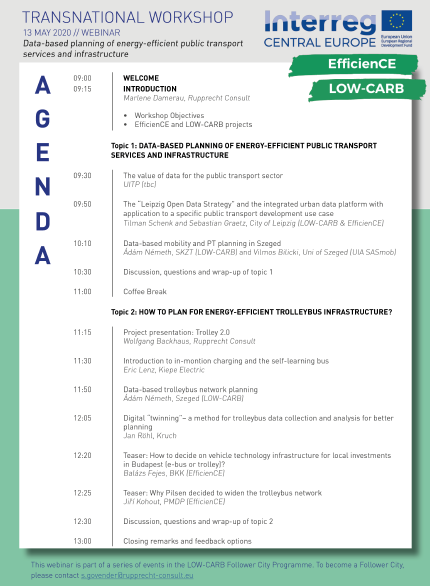
2. Introduction of the Keynote Speakers
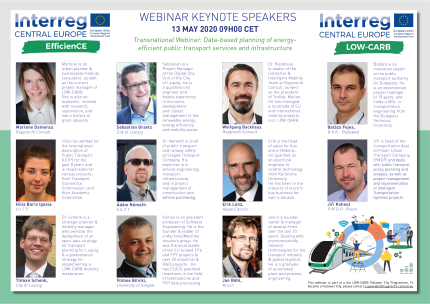
3. Show your symbolic commitment to low-carbon mobility!
Join the LOW-CARB 'Hall of Fame' by having your city or organisation sign our symbolic LOW-CARB Declaration.
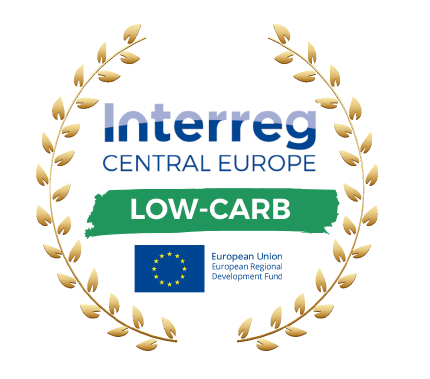
4. Presentation Slides
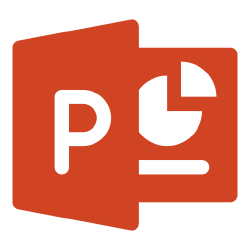
- TOPIC 1: Data-based planning of energy-efficient public transport services and infrastructure
- TOPIC 2: How to plan for energy-efficient trolleybus infrastructure?
5. Watch the webinar!

*****************************************
This webinar is a part of a series being run for the LOW-CARB Follower City Program. A structured a programme of trainings, pilot launches, and webinars to help boost cities’ awareness, knowledge, and expertise of low carbon mobility (especially in the Central European context). Please join our follower cities in thought-provoking and hands-on trainings and events that apply the teachings of LOW CARB’s lessons.
Contact: s.govender@rupprecht-consult.eu for more info.
Previous Webinars in the Series
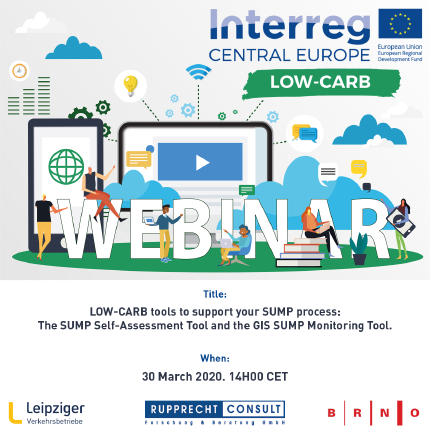
Recordings of past webinars will soon be made available.
This page was last updated at 07.05.2020